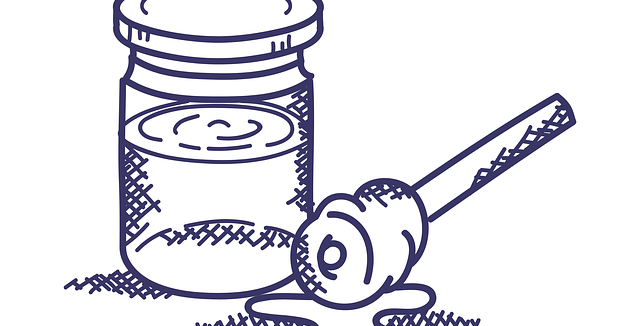Read about South Asia in your language, by selecting from the menu below!!
Mixing down democracy into Indian society
BOOKS ON POLITICS


Book Name:
The Vernacularisation of Democracy: Politics, Caste, and Religion in India
Author’s Name:
Lucia Michelutti
The Indian subcontinent is the most diverse region of the world where so many people, races, castes, cultures, and religions dwell that baffles any outsider who peeps into this gigantic magical land!
As is common in the political and power struggle of any other society, in the Indian mainland some of the castes and peoples were relegated and thrown back into the very shadow of their society presenting them as if they had no or almost zero value and presence for their society.
One of such race and caste was the Yadav cates who are now struggling and forcing themselves onto the main political stage of Indian politics.
Yadav believes that they are the descendants of the mythological king Yadav. For their political resurgence and electoral weight and presence, they stress their genealogical superiority, the son of god.
The Northern Indian states, a total of 20 in number out of 28 Union states and 8 Union territories, are the descendants of this mythological king Yadav. Lord Krishna was also a Yadav because he was a cow herder born in this Yadav clan which was then a peasant pastoral community.
Now even today the majority of these Yadav people are professional cattle breeders and are involved in livestock farming and trading. In the 19th and 20th centuries, they became aware of their political, economic, and religious importance asserting their role in Indian society. For a very long time, since they were cultivators and cattle breeders, the traditional political and economic elite of their society stressed and trampled them for their power lest they might not upsurge and revolt against their hold.
But every force and stress has a limit and point beyond which it loses its efficacy. The same is now happening in this North Indian peasant pastoral community of Yadav which is asserting and gaining more power share for itself in electoral politics.
The Vernacularization of this Indian democracy in North India studies how the traditional concepts and theories of democracy and political elitism are being replaced by this novel concept of democratization and empowering a long-trodden and forgotten community through the power of its language, race, culture, and of course religion, too.
This populist notion of democracy is contrasted with a traditional notion of elite-based democracy where these lower and isolated castes and races are being used for only vote stamping and getting into the corridors of power.
Also Read: Disarmed and neglected Amazon warriors
Now this Vernacularization or using the common man language, feelings, parlance, and cultural affinities since the last decade of the 1990s found its most expressive and assertive presence and usage in Indian politics and media as well making these Yadav and more like them to feel strengthened and emboldened.
Once outcast and ostracized races and communities have their representatives in the Indian states and parliament after the 1990s.
The author analyses archives and other ethnographic studies of how the common idioms of daily life, customs and rituals are now being used by this vernacular politician to convey their message to their voters and inform and shape their worldview through these Vernalucularzed politics.
They ride on the popular trends of their society, a strong yet controversial element of Populist politics. The ethnographic study of Yadav, the most dominant yet once politically, and economically marginalized race of North India gives a hint to the new emerging nature of the vernacular democracy of India and also a synoptic framework for the study of other societies. How kinship, race, culture, language and rituals, the vernacular elements, are being used to internalize and inculcate democratic principles and values in their local societies.
The 253 pages divided into 7 chapters, the book provided a comprehensive look right from the political and economic resurgence of Yadav caste to their belief on the Sons of Gods, going through the new restructuring of their community via kinship and nuptials, touching many other aspects, the book is good to political ethnographic read to know about this trends which now do not limited to the North Indian states only.
South Asian Politics
Explore books on politics and history of South Asia.
Subscribe to the South Asian Politics
South Asian Politics © 2024.
